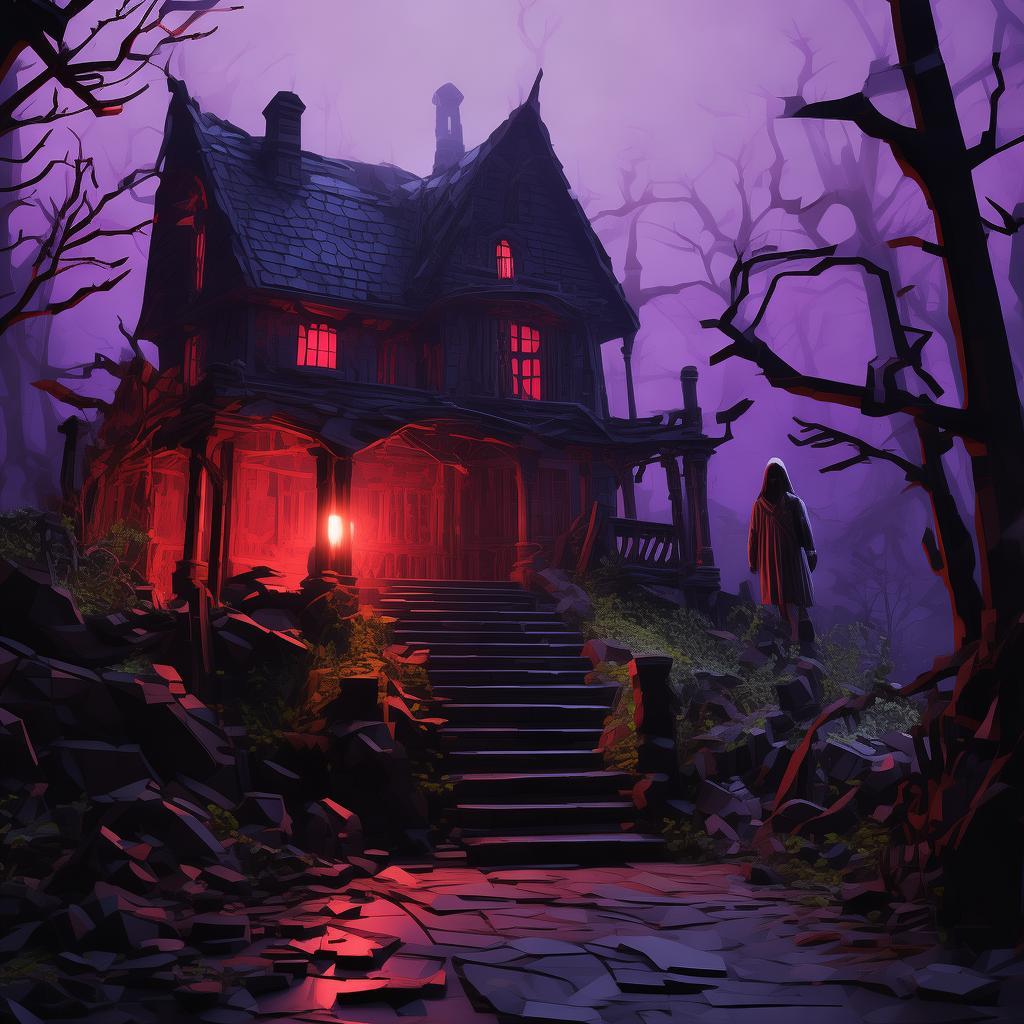The Cello's Lament
In the heart of a sprawling metropolis, where the skyline was a tapestry of steel and glass, there was a room that was said to be a sanctuary for the soul. It was a small, dimly lit space, crammed with the remnants of a bygone era—a room that housed an old, ornate cello. This was the domain of Liang, a cellist whose hands were as skilled as they were haunted. His fingers danced over the strings with the grace of a ballet, but his eyes were a mirror to a soul that had seen far too much.
The cello, an instrument of beauty and sorrow, had always held a peculiar allure for Liang. It was said that the instrument had been crafted by a master luthier, and it was rumored to possess a soul of its own. Liang had been drawn to it since his youth, a feeling that had only intensified over the years. He had even gone so far as to rename it "Satisfaction," a name that felt both fitting and ominous.
One evening, as the city slumbered, Liang sat before Satisfaction, his fingers tracing the familiar notes of a piece he had been practicing for years. But tonight was different. The room seemed to hum with an energy that was not his own. The air was thick with an unseen presence, and the cello seemed to resonate with a life of its own.
"Is it time, Satisfaction?" he whispered to the instrument, his voice barely above a whisper.
The answer came not in words but in a strange, haunting melody that seemed to echo through the room. It was a symphony, a composition that was both beautiful and terrifying, a testament to the darkest desires of the human soul.
Liang knew that he had been obsessed with the symphony for years, but he had never dared to play it. It was too dangerous, too intense, and too real. But tonight, something had changed. The symphony had reached out to him, and he felt an irresistible pull towards it.
As he began to play, the room seemed to come alive. The walls seemed to pulse with the music, and the shadows danced with a life of their own. Liang's hands moved with a newfound urgency, his fingers pressing down on the strings with a force that was almost violent.
The music grew louder, more intense, and the room was filled with a sense of dread. Liang could feel the eyes of the symphony upon him, a cold, relentless gaze that seemed to strip away his very essence.

The symphony was a mirror, reflecting not just the music, but the deepest, darkest parts of Liang's soul. It was a symphony of slaughter and satisfaction, a composition that was both a celebration and a lament.
As the final note resonated through the room, Liang felt a surge of power course through him. He had become one with the symphony, an extension of its dark beauty. But as the room began to spin, and the shadows seemed to close in around him, Liang realized that the symphony had not brought him satisfaction, but a new, terrifying obsession.
He had become the music, the symphony, and the terror that it represented. And as the room around him dissolved into chaos, Liang found himself standing at the edge of a abyss, his fate tied to the instrument that had once been a source of solace.
The cello's lament had become his own, a haunting melody that would echo through the halls of madness for eternity.
✨ Original Statement ✨
All articles published on this website (including but not limited to text, images, videos, and other content) are original or authorized for reposting and are protected by relevant laws. Without the explicit written permission of this website, no individual or organization may copy, modify, repost, or use the content for commercial purposes.
If you need to quote or cooperate, please contact this site for authorization. We reserve the right to pursue legal responsibility for any unauthorized use.
Hereby declared.









